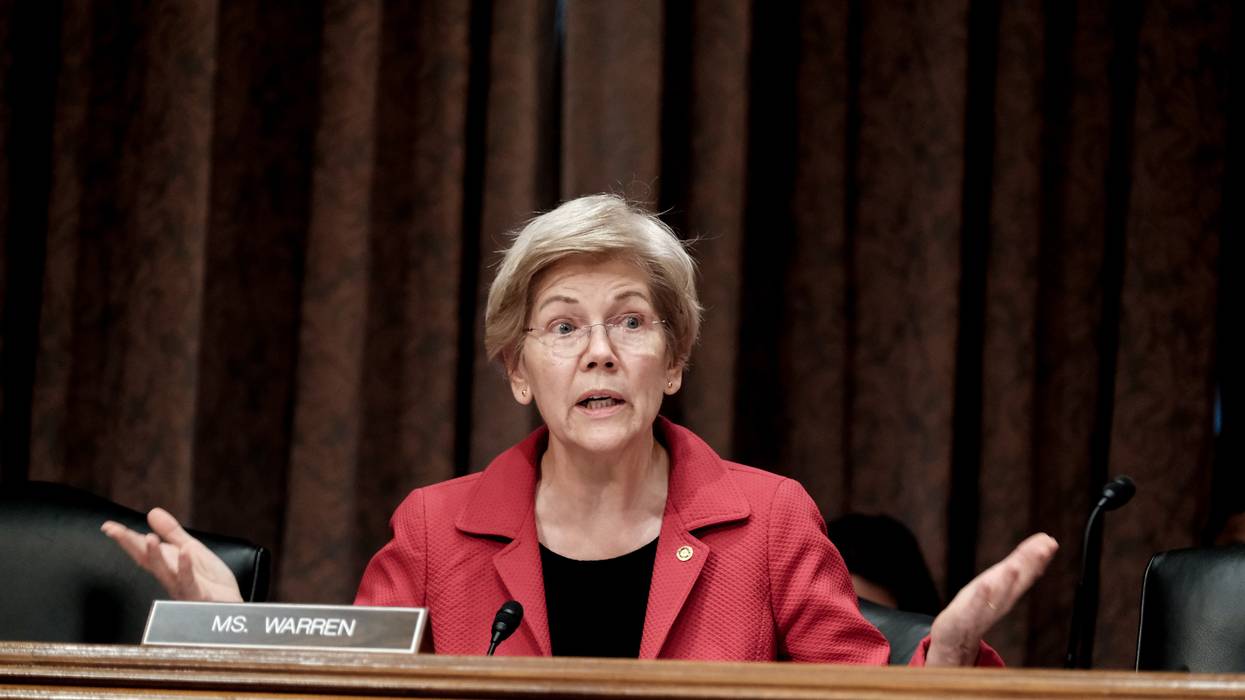But Naylor's job happens to be to lobby against Wall Street's narrow interests, not for them. This sort of public interest work makes for a more modest paycheck - and a pretty lonely career in Washington.
Wall Street firms and their trade associations boast an army of about 3,000 lobbyists. Naylor estimates that as Public Citizen's Financial Policy Advocate, he is one of only about a dozen people regularly walking the halls of Congress and the regulatory agencies to inject public interest into the Wall Street reform fight.
In his new 80-page report "Too Big," Naylor provides a vital tool for building a much stronger public interest army for taking on the big banks.
The Dodd-Frank legislation made some progress in reining in Wall Street recklessness and greed, but much work remains to be done. And it's especially galling that after taxpayers forked out massive bailouts in 2008, our biggest banks are even bigger today than before the crisis, leaving us once again on the hook for possible future bailouts.
Public Citizen's goal, Naylor explains, is to "bring sanity to this madness of size."
He asserts that the mega-banks are not only too big to fail, they're too big to jail, too big to manage, and too big to regulate. For each of these four problems, the report lays out an array of legislative, regulatory, and private-sector reform options.
These recommendations begin with practical steps for breaking up the "too big to fail" banks by limiting both their size and their risky activities. This slimming effect would also help with the "too big to jail" problem.
Public Citizen aims to bring sanity to this madness of size.
Former Attorney General Eric Holder, the report reminds us, once defended his decision not to prosecute executives of mega-bank HSBC for engaging in massive money laundering on the grounds that the firm had become "so large" a criminal case could endanger the world economy.
Beyond the obvious need to end bankers' "above the law" status, Naylor makes a strong case for financial executives having "skin in the game" when it comes to financial penalties for misconduct. As it is now, shareholders pay for these fines - not senior executives. Public Citizen wants some of executives' pay to be held in a pot that can be tapped for paying penalties for misconduct during their watch -- an idea supported by New York Fed President William Dudley and even the Heritage Foundation.
What we've learned in this presidential primary season is that public anger over the 2008 financial crisis is still widespread. The new Public Citizen report will help channel this anger into pressure to transform our financial system so that it supports good jobs and stable communities.
Public Citizen is also part of a growing Take on Wall Street Campaign that has brought together labor, consumer, faith, anti-poverty, and other groups around a five-point reform agenda, including breaking up the big banks.
The public interest side will never have as many high-paid Washington lobbyists as the Wall Street forces. But we can still build a powerful movement for change.
"Too Big" will be available on the Public Citizen web site on June 22.


